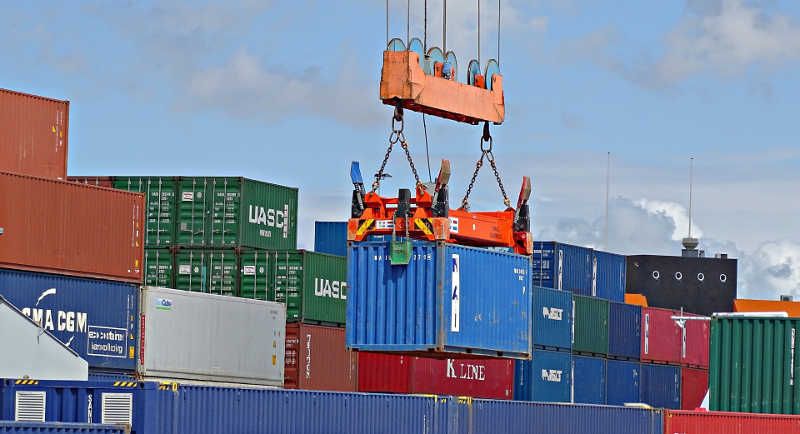 INFRA
INFRA
 INFRA
INFRA
 INFRA
INFRA
One of the reasons behind the rapid adoption of containers is that the applications running inside them can be easily moved across different types of infrastructure, which simplifies a lot of administrative tasks. But this portability often has the opposite effect when it comes to security, an issue that Docker Inc. wants to tackle.
The startup on Thursday introduced a new capability for the commercial version of its container platform that promises to ease the management of so-called application secrets. These include passwords, encryption keys and all the other sensitive information generated by the security mechanisms of a given service. There is no shortage of tools for managing such data, but most of them were not created with Docker in mind.
As a result, it has until now been a challenge to keep secrets safe while the containerized workload to which they belong moves around a company’s infrastructure. Docker customers either had to implement their own custom mechanisms for handling the task or use software from the likes of HashiCorp Inc. and Conjur Inc. The new native security mechanism included in this week’s update eliminates the need for external tools.
According to Docker, the system stores secrets in the so-called manager nodes that serve as the brains of a container cluster. The information is protected by the same mechanisms that the nodes employ to protect their operational data. Security records are spread over multiple machines to avoid data loss if one of the instances fails, while several added layers of encryption protect against theft.
Manager nodes can automatically assign secrets to a containerized service when it’s launched for the first time or gets moved to a new location. Likewise, they delete security credentials when they’re no longer needed, which ensures that no sensitive information is left floating around ready for the taking.
The new secrets management mechanism is available immediately. Docker can be expected to keep adding more security features over time as it works to court the traditional enterprise crowd. The easier the startup can make it for organizations to configure and protect their deployments, the more appealing its platform will become.
Support our open free content by sharing and engaging with our content and community.
Where Technology Leaders Connect, Share Intelligence & Create Opportunities
SiliconANGLE Media is a recognized leader in digital media innovation serving innovative audiences and brands, bringing together cutting-edge technology, influential content, strategic insights and real-time audience engagement. As the parent company of SiliconANGLE, theCUBE Network, theCUBE Research, CUBE365, theCUBE AI and theCUBE SuperStudios — such as those established in Silicon Valley and the New York Stock Exchange (NYSE) — SiliconANGLE Media operates at the intersection of media, technology, and AI. .
Founded by tech visionaries John Furrier and Dave Vellante, SiliconANGLE Media has built a powerful ecosystem of industry-leading digital media brands, with a reach of 15+ million elite tech professionals. The company’s new, proprietary theCUBE AI Video cloud is breaking ground in audience interaction, leveraging theCUBEai.com neural network to help technology companies make data-driven decisions and stay at the forefront of industry conversations.